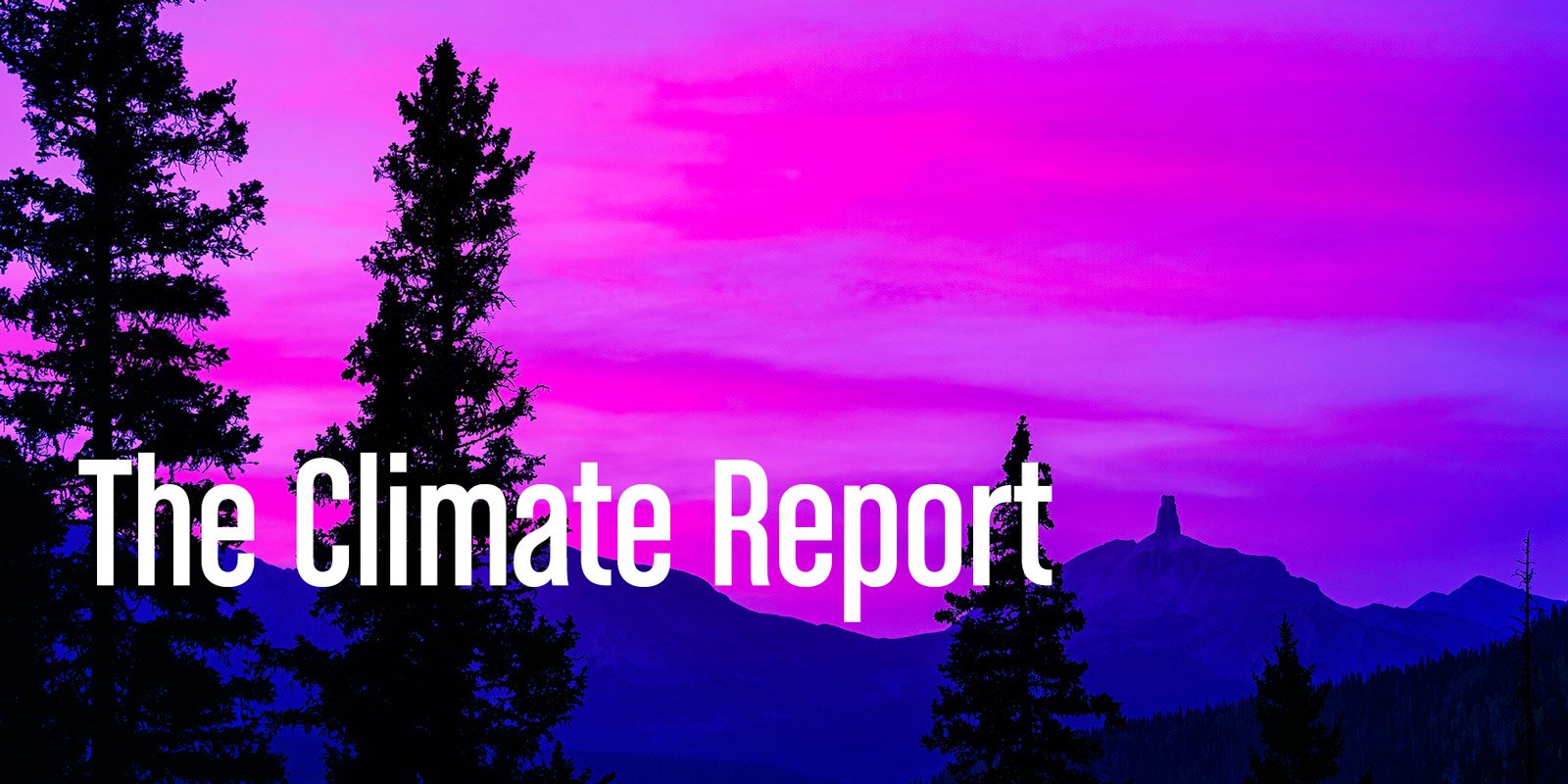
Congressional Review Act: How Congress Can Rescind the Former Administration's Guidance on the Environment, Climate, and Energy
On January 30, 2025, Senator John Kennedy of Louisiana proposed a joint resolution of disapproval aimed at rescinding the recent Commodity Futures Trading Commission ("CFTC") Guidance on Carbon Credits ("the Guidance"). The Guidance outlines factors for certain markets regulated by the CFTC ("designated contract markets") to consider when listing voluntary carbon credits derivative contracts.
Under the Congressional Review Act ("CRA"), Congress may rescind a final agency action, including guidance, subject to certain threshold requirements. If a CRA joint resolution of disapproval is passed by both houses of Congress and signed by the president, the rule at issue cannot go into effect or continue in effect. When this occurs, the Guidance becomes ineffective immediately and is treated as if it never went to effect. Additionally, once a rule has been disapproved, the agency may not reissue the rule in "substantially the same form" absent additional Congressional action.
The CRA has often been used to overturn traditional administrative rules and guidance documents during transitions between presidential administrations. Since the beginning of 2025, Congress has introduced 26 joint resolutions to rescind Biden-era rules related to the environment, climate, or energy. Two of the joint resolutions have passed in a single chamber, four have been sent to the president but not yet signed, and six have been signed by President Trump. Those signed by the president involve one nullifying the Environmental Protection Agency's rule titled "Waste Emissions Charge for Petroleum and Natural Gas Systems: Procedures for Facilitating Compliance, Including Netting and Exemptions," another titled "National Emission Standards for Hazardous Air Pollutants: Rubber Tire Manufacturing," and various other rules by the Department of Energy regarding energy conservation.
Although not a formal rule, the Guidance mentioned in the introduction is likely formal enough to be subject to recission under the CRA. According to the Government Accountability Office ("GAO") database, the Guidance was not submitted for review to the GAO as required by the CRA. But the Guidance is likely still a rule for CRA purposes because it announces the CFTC's "tentative intentions for the future." Further, the Guidance mirrors formal rulemaking because it incorporates insights the CFTC gained from public comment and from collaboration with market participants. And though the Guidance is non-binding, it outlines the CFTC's expectations of designated contract markets. Notably, the Congressional Record describes the communication as "transmitting, pursuant to law, a report of a rule entitled 'Commission Guidance Regarding the Listing of Voluntary Carbon Credit Derivative Contracts.'" Therefore, the GAO would likely find that the Guidance is a rescindable "statement of policy" under the CRA.
Both the House and Senate would have had to pass the joint resolution, and the president would have to sign it, for the resolution to take effect. Although a similar resolution was introduced in the House and referred to the House Committee on Agriculture and House Subcommittee on Commodity Markets, Digital Assets, and Rural Development, there was no further action on either joint resolution by the recission deadline. As the deadline for Congress to act, based on the tentative schedule, was May 12, 2025, both resolutions have failed. But, although the CFTC has not announced an intention to do so, the agency may still rescind the Guidance through notice and comment rulemaking.
In any event, the joint resolution reflects an effort in Congress to quickly nullify Biden-era climate-related rules without forcing President Trump's agencies to undergo the often lengthy rescission process under the Administrative Procedure Act.



